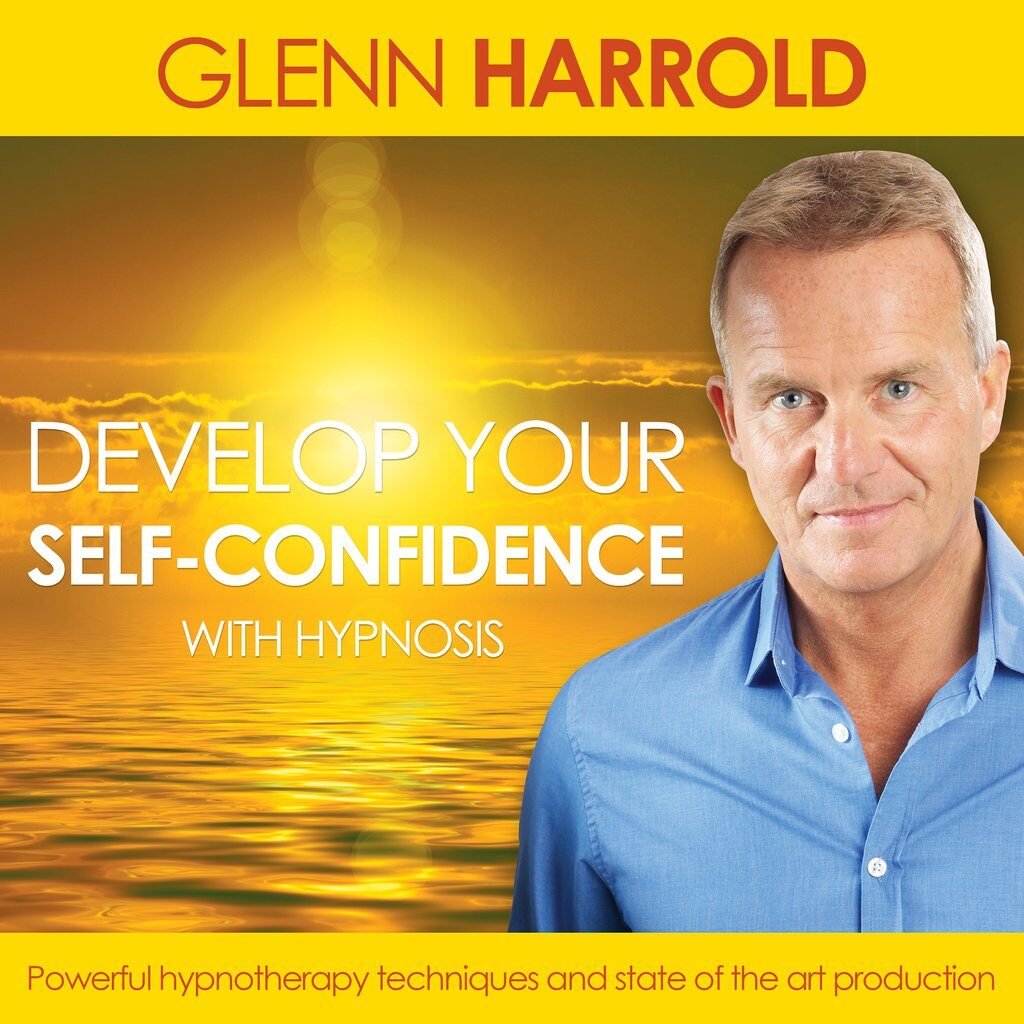Overcome Negative Self-talk & Lift Your Mood
Anxiety and depression are two of the most commonly experienced mental health disorders. If you are experiencing either of the two and want to overcome them without the need for medication, read on and find out how.
Exercise, meditation, and healthy eating are just some of the ways that you can help to improve your mood.
These are simple, natural steps that you can take to boost the chances of effectively overcoming depression and anxiety, without any side effects. Negative self-talk and overthinking are two of the most common ways that you can impact the way you process your thoughts.
It is important to remember, however, that the feelings you are experiencing are only able to manifest because of your current perspective that you hold. You have the power to reprogram your mind and work with these emotions in a more positive and healthier way.
Look at anxiety for example, it isn’t all bad, it is actually well intentioned, but often misinformed. It will help you to meet your deadlines at work and deal with life’s emergencies.
However, sometimes it can misfire at times that you do not need it too, in amounts that can leave you feeling uncomfortable. Think of this as merely a false alarm, a chemical change in your body, that you are able to subdue.
Natural alternatives can have just as much of an effect on your mood as medication. Changing your behaviours, physical activity, lifestyle, and ways of thinking, will empower you to cope with your feelings and emotions rationally, changing the chemical balance in your brain.
Learning to cope with anxiety and depression without medication, puts the power back into your hands. It means that you can be the creator of your own destiny and are no longer reliant on something externally. So long as you are able to maintain your newfound perspective, you will be able to preserve a healthier sense of awareness.
Overcome negative self talk
You’ve probably heard the saying, “if you haven’t got anything kind to say, then don’t say anything at all.” It is just as important to apply this concept to yourself. Negative self-talk is fuel to anxiety and depression, and is the catalyst to a pessimistic mindset that arises from what you say about yourself.
This type of negative emotion is just a product of your own self-narrative, but it can equally be tailored to work the other way around. You are the sole creator of your thoughts and you have the power to alter your mind, by altering your attitude and perspective.
If you had a friend that always put you down, made fun of you, and pointed out everything that you did wrong, you would want to get this person out of your life. So the answer is to remove these unwanted thoughts from your mind and start reframing you’re the way you think about yourself.
Negative thinking is usually the result of anticipating the worst possible outcome. Someone might make a passing comment and you think to yourself, “everybody hates me.” Or you hit a traffic jam and say, “this always happens to me.” The idea is to recognise these moments, and act on them there and there before they can take effect.
Reframe those thoughts and bring them into a positive light. Instead of thinking “everybody hates me”, think rationally, and say, “Not everybody will like me, but there are many people that will”.
When you hit that traffic, don’t think “this always happens to me”, reframe that to something like, “this will soon pass, now I have some time to listen to that podcast or practice my deep breathing.”
It is important that you start being kinder towards yourself. Try to develop a conscious awareness about what you are doing when you talk negatively about yourself. The more supportive you are, the better chance you will have of dealing with depression.
Meditate daily & stay present
Anxiety and depression will often affect you in waves and cycles. What causes this? And how can a split-second thought affect your mood so quickly? You have the power to recognise these negative thought patterns and act on them as soon as they arise.
Mastering the ability to be present and mindful will enable you to deal with negative thoughts and emotions from a safe distance, without any passing judgment. It will teach you not to become too attached to your thoughts, but to simply recognise and accept them.
Resisting or pretending that you don’t have them will only make things worse, as you are not enabling yourself to process them and move on fully.
Meditation is a wonderful tool that will equip you to notice the early warning signs of a depressive episode or an anxious moment. It can make it easier for you to pay attention to your emotions as they come up so that when you begin to feel sad or lose interest in the things that you usually like, you will choose self-care instead to stop them from getting any worst.
The mindfulness and meditation approach towards depression is one that is growing in popularity. It is important that you incorporate it into your daily routine because persistence is key. Even with just five minutes a day, you might notice small improvements early on.
Try something simple, to begin with. Light a candle in front of you and just stare into the flame. Move all of your awareness there and try to let go of any unpleasant thoughts. Don’t worry if your mind wanders from time to time, it is important that you don’t beat yourself up and just allow the thoughts to pass as you redirect your awareness with self-compassion.
Improve your mood when you need to be at your best
There is a quick and easy technique that will help you to calm your nerves, reduce your anxiety levels, and gain a sense of coherence. This practice does not require meditation or even sitting down.
The coherence technique can be used during times of transition, before meetings, or going into work. This is a fantastic go-to exercise that can reduce anxiety and lift your mood when you need to be at your best.
It is particularly useful if you are experiencing low mood or negative self-talk and need a lift in order to perform to the best of your ability. Perhaps for an interview, an exam, or before important communications.
You should look at this approach as a tool that can enable you to articulate yourself in the best possible way given the right situation. So, take a moment before you continue, to relax and gather your thoughts.
I’d like you to begin by drawing your full attention to the centre of your chest, and then moving that awareness to your heart until you can feel it beating. Now imagine that you are able to breathe in and out through your chest, visualising a funnel of light emerging from it as you do so.
Take long deep breaths, slower than usual, in through your nose and out through your mouth. Find a nice, easy rhythm and stick with it. If you find your thoughts drifting elsewhere, count your breaths on each exhale.
As you continue heart focussed breathing, make a sincere attempt to experience a feeling of appreciation or care, for someone or something in your life.
You should try to remember a time of appreciation or love for someone close, a family member, or your love for a pet. Really try to feel that feeling and emotion of love and gratitude.
As you are doing this you are increasing your coherence level and your nervous system is synchronising. Regenerative hormones are being released into your body and signals from the heart to your brain are moving through your emotional centres.
If you practice this enough, you will be able to shift anxious emotions in any given situation, lifting low moods and overcoming them for good.
P.S. Our hypnotherapy / hypnosis recordings can help you with a number of issues. Download these powerful recordings now! These titles are also available as iPhone, iPad and Android apps.





